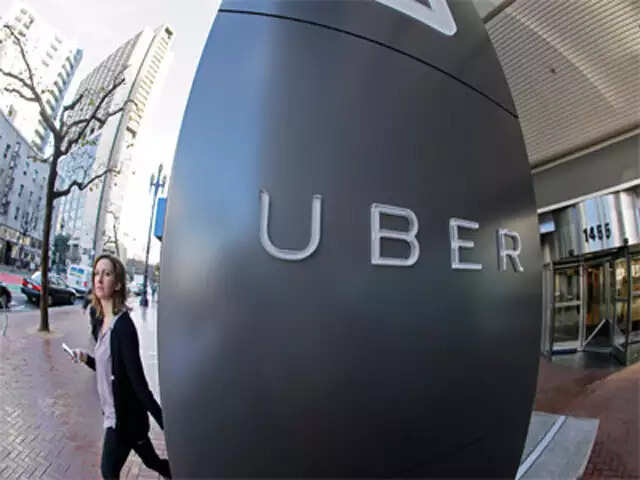 The food delivery market in India remains “competitive” and it is the number three player in a market dominated by Swiggy and Zomato, Uber has said.
The food delivery market in India remains “competitive” and it is the number three player in a market dominated by Swiggy and Zomato, Uber has said. “Right now the market is very, very competitive. We want to be number one or number two in every single market. Right now in India, we are number three and so the team knows there’s a big lift ahead of them,” Uber CEO Dara Khosrowshahi said.
The company will, however, continue operating in India, amid reports that it was looking to sell its local unit. The market for UberEats, its food delivery app, will remain competitive as other players have raised funds to invest in this fast growing category, he told analysts in a conference call after the company announced its second-quarter results on Thursday.
Swiggy and Zomato are burning close to $30-$40 million each month on discounting, logistics and acquisition of restaurants.
Uber, which is battling rival Ola, has however proved its ability to win the market in its core ride-hailing business, Khosrowshahi said.
“We proved our ability to win in rides, and my expectation is the same on Eats’ side, we’re taking some of the lessons and extending them into the Eats category,” he said.
Khosrowshahi’s statement comes roughly three months after Uber said it had increased discounts to customers, along with incentives to drivers and restaurants in India, causing a decline in margins for its food-ordering business globally.
In response to declining margins in the food business, Uber’s chief operating officer Nelson Chai said, “Obviously, we're going to watch India. So, if you think about the fact that our take rate is 10.2%, ex-India probably would have been another 100 basis points or so.” Uber’s food ordering business earns lower margins than its core ride-hailing business.
ET reported earlier that Uber had halved its annual cash allocation to its food-delivery business in India to $90-120 million. This came a year after the San Francisco-headquartered cab aggregator earmarked its highest budget globally to India to scale up its food business.
Uber's India rival Ola, too, has pulled its focus away from its food-delivery business, Foodpanda, and will instead sell private brands on its own platform and externally as well.
Uber reported a record $5.2 billion loss, with revenue falling short of analysts’ expectations, as growth in its core ride-hailing business slowed, sending shares down 6% on the NYSE.